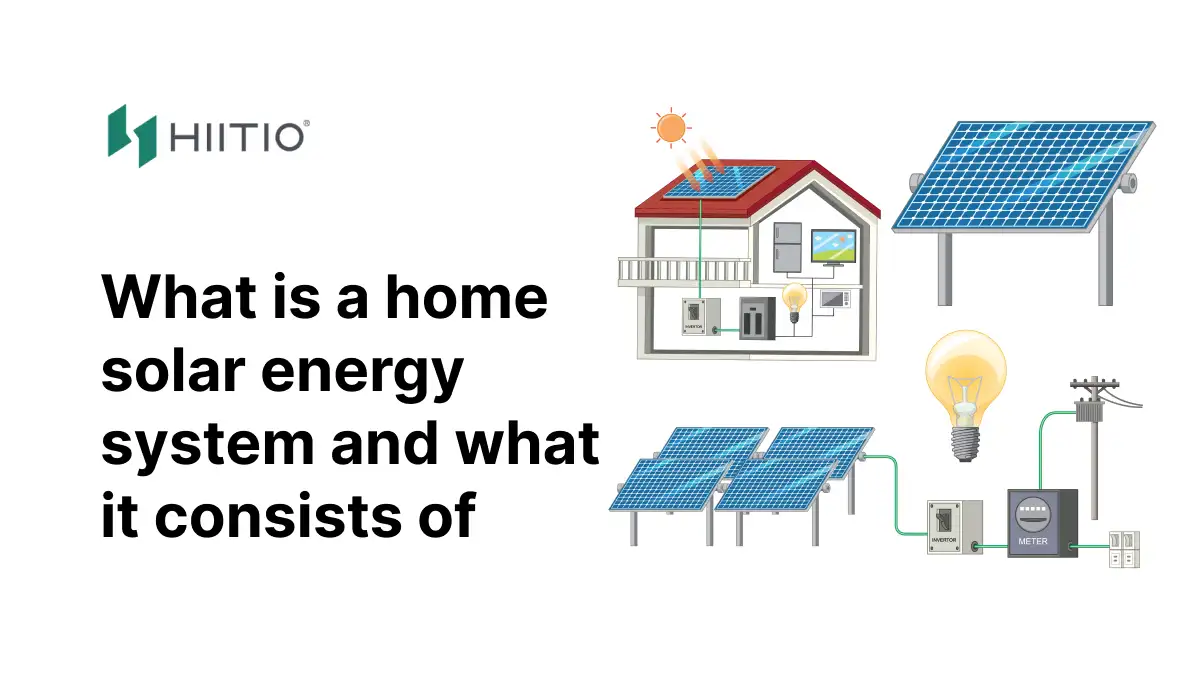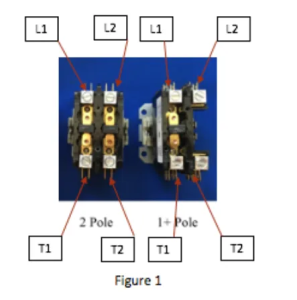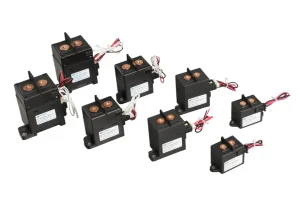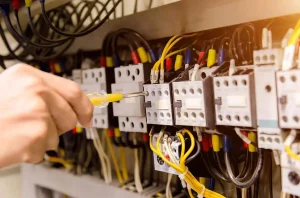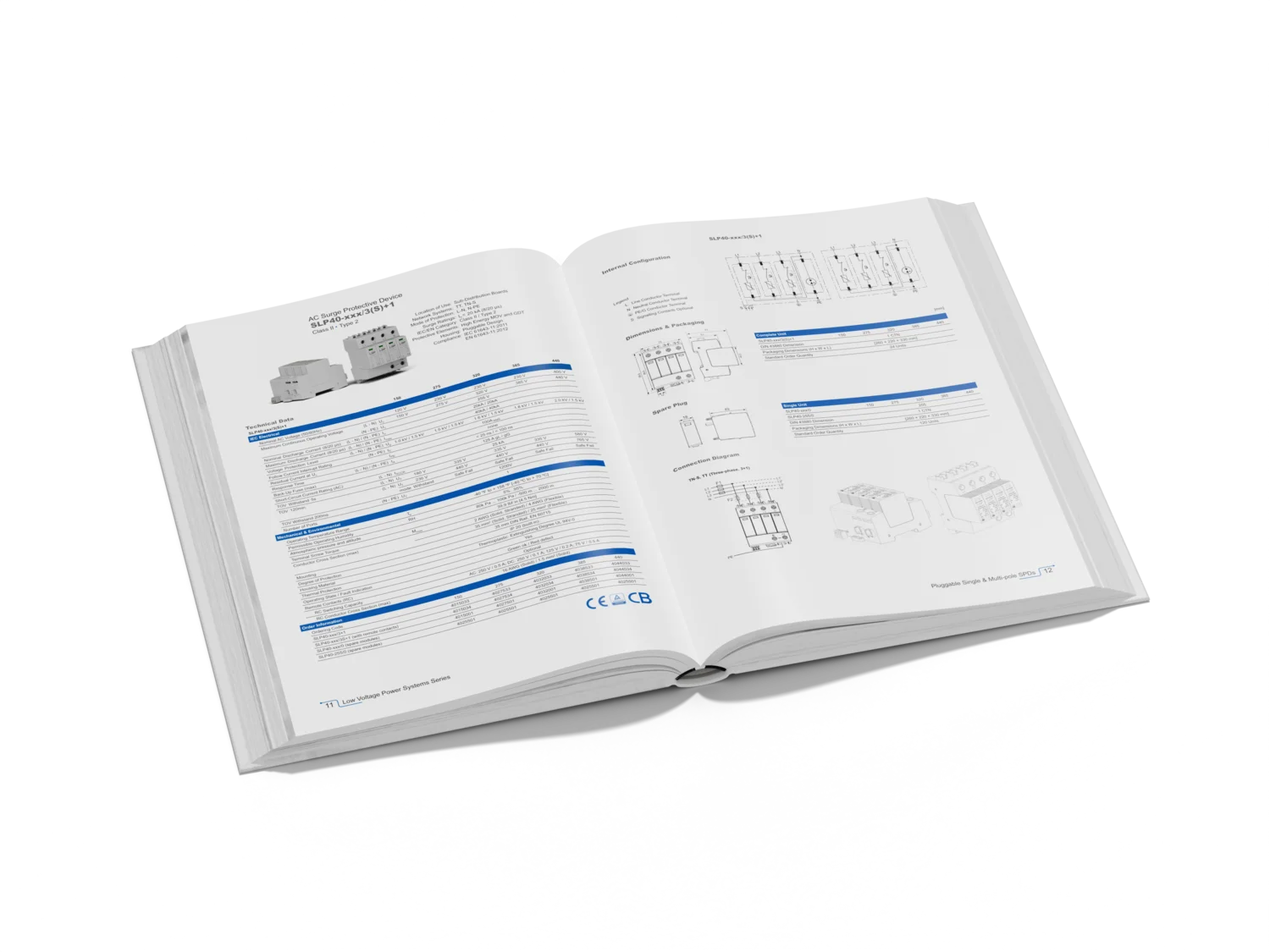Introduction
A solar home refers to a solar roof PV system or a ground PV system installed in the home so that the daily power used by the family comes from solar power generation. Solar home systems can be divided into on-grid solar systems, off-grid solar systems, and hybrid solar systems.
In an era where renewable energy is gaining momentum, home solar systems have emerged as an efficient and sustainable way to power our homes. Harnessing the abundant energy of the sun, these systems consist of various components working in harmony to generate power. This blog explores the key components that make up a typical home solar system and highlights their functions, benefits, and thoughts.
Photovoltaic Panels: The Core of Solar Energy Conversion
Solar panels, sometimes referred to as photovoltaic (PV) panels, are the central component of any solar system. The photovoltaic effect is used by each individual solar cell in these panels to convert sunlight into direct current (DC) electricity. The panels are usually installed to optimize their exposure to sunlight, either on rooftops or on the ground. Depending on the area that is available and the energy requirements of the homeowner, they are available in a range of sizes and wattages.
Rapid Shutdown: Enhancing Safety for Solar Installations
Rapid shutdown devices are essential safety features in solar power systems. They are designed to quickly de-energize solar panels during emergencies, such as fires, to protect firefighters and emergency responders from the risks associated with live electrical components.
In many countries, including the United States, Germany, Australia, Japan, the Philippines, and Thailand, etc. the installation of rapid shutdown systems is required by building codes and safety standards. These regulations ensure that the voltage in solar panel circuits can be quickly reduced to safe levels, enhancing overall system safety and ensuring compliance with national safety standards.
Inverters: Converting DC to AC Power
While solar panels generate direct current (DC) electricity, most household appliances operate on alternating current (AC). This is where the inverter comes into play. The inverter converts the DC electricity produced by the solar panels into AC electricity, making it compatible with the electrical grid and the appliances in your home.
Inverters can be either string inverters, which connect multiple panels in series, or micro inverters, which are attached to each individual panel. Micro inverters offer a number of advantages, including increased system efficiency and panel-level monitoring.
Mounting Structures: Stability and Safety for Solar Panels
For best results, solar panels must be mounted and installed correctly. Mounting solutions guarantee that the panels are firmly fixed to the ground or rooftops by providing structural support. Additionally, they provide the right angling and orientation to optimize sun exposure. Racking systems are made to resist a variety of weather conditions, including wind and snow, and they make maintenance and cleaning simple.
Battery Storage Systems: Ensuring 24/7 Energy Supply
One of the challenges associated with solar energy is its intermittent nature. To address this challenge, homeowners may wish to consider energy storage solutions, such as batteries. Batteries are used to store excess energy generated by solar panels during the day, which can then be used during cloudy periods or at night.
This enables homeowners to reduce their reliance on the electrical grid and optimize the utilization of their solar-generated electricity. Lithium-ion batteries have become increasingly popular due to their high energy density, longer lifespan, and improved efficiency.
Monitoring Systems: Real-Time System Management
Real-time data on the effectiveness and performance of the solar system is provided via monitoring and control devices. With the help of these systems, homeowners can keep tabs on electricity usage and generation of energy, as well as spot any possible problems or inefficiencies. Even more sophisticated monitoring systems come with smartphone apps that let homeowners view data from anywhere and manage their energy use.
Advantages of a Complete Home Solar System
Rising electricity rates
Natural gas is an important source of electricity. Due to the recent international situation, Russia’s external natural gas supply has decreased, resulting in a significant increase in natural gas rates in some countries.
The National Grid announced that from November 2022 to the next 6 months, electricity rates will increase by 60%, France’s largest electricity producer said it would raise the price of electricity by 8.6% in the fourth quarter.
Solar cost reduction
With the rapid development of the PV industry, the manufacturing cost of solar energy systems has been controlled and decreased. According to the IRENA report, in the past ten years, global solar PV power generation has dropped by 82%.
The fundamental reasons are technological innovation and the integrity of the upstream and downstream supply chains of the PV industry.
Green ecology
Both residential and corporate energy consumption structures have begun to shift from traditional fossil fuels to clean energy. Reducing carbon footprints is an important part of building a green ecology.
Solar energy is widely accepted as a clean energy source and can also be promoted for residential use.
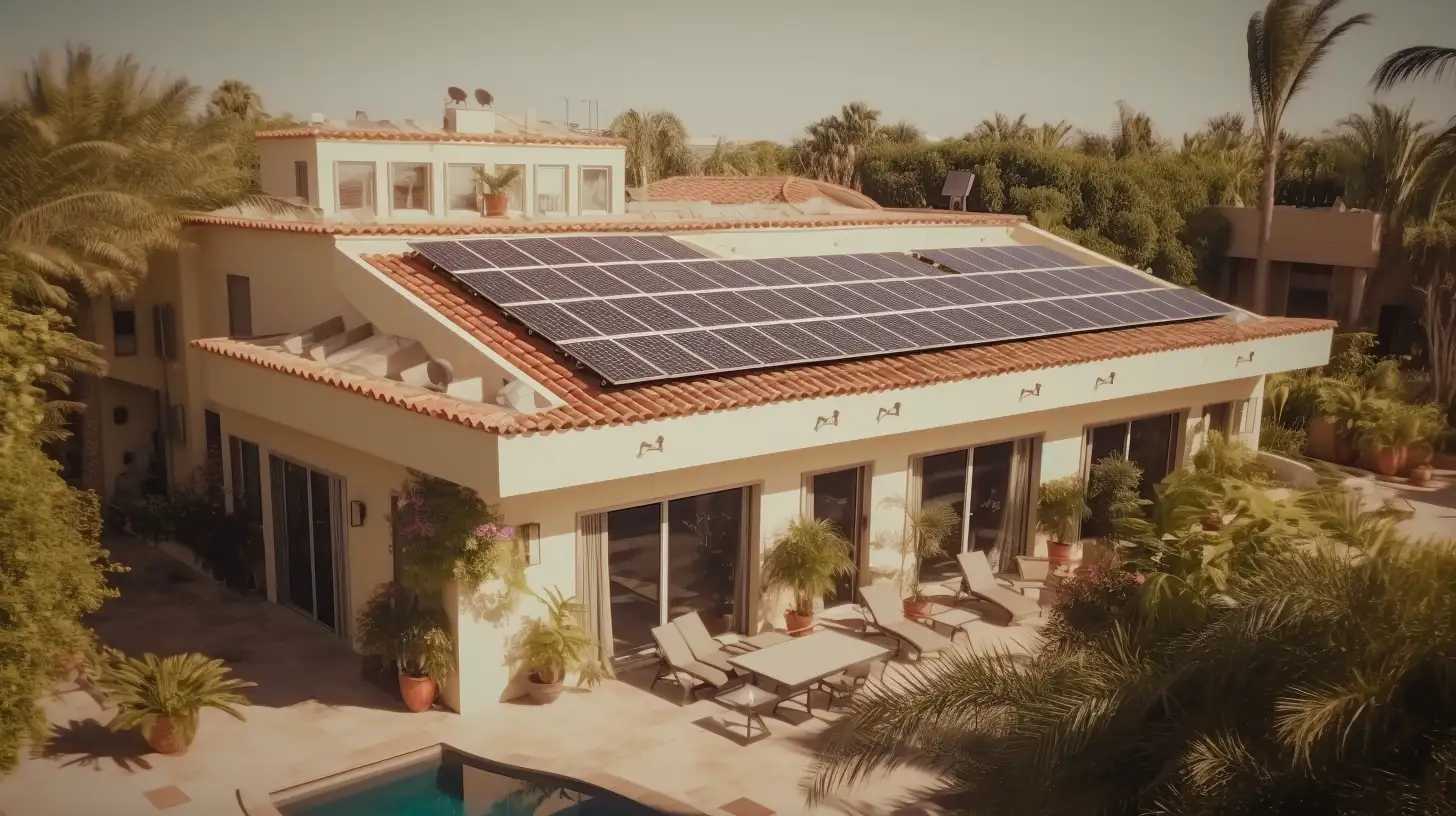
GET YOUR HOME SOLAR SOLUTION
In summary
The way we produce and use power has been completely transformed by home solar systems, which provide a viable and affordable substitute for conventional energy sources. Together, the solar panel, inverter, mounting and racking system, batteries, rapid shuttle-down devices, and monitoring system collaborate to capture solar energy and transform it into useful energy that can be used in daily life.
Homeowners can enjoy long-term energy savings and lessen their carbon impact by making an investment in a home solar system. We may anticipate more advancements in solar system affordability, efficiency, and integration into our daily lives as technology moves forward. Adopting solar electricity is a move in the direction of a more sustainable earth and greener future.

